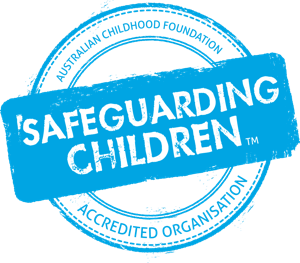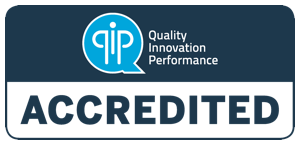The SPEAK UP! Stay ChatTY (SUSC) Sports Program facilitates an evidence-informed mental health awareness program to sporting clubs across Tasmania.
The program is partly delivered in partnership with the Good Sports Program, run by the Australian Alcohol and Drug Foundation.
The SUSC Sports Program aims to help Tasmanians understand mental health, identify signs and symptoms, seek help, and support their teammates. In 2018, SUSC recognised the opportunity sporting clubs present to promote the SUSC message and educate players on mental health.
Mental health is not something that has typically been on the radar of sporting clubs, traditionally sporting culture celebrates ‘mental toughness’ and an obvious focus on the physical health of athletes and members; in comparison to their mental health.
However, James Rice, SUSC Sports Program Facilitator explains that the community nature of sporting clubs places them in ‘ideal positions’ to notice individuals who may be susceptible to mental health difficulties and provide avenues for support.
The high participation rate of young people in organised sport, regular and ongoing contact, as well as clubs’ focus on performance, make sporting clubs an effective means in bringing people together to bridge the gap between physical and mental health.
Since 2018, James has delivered the program to over the 1,524 individuals – across the State. Sporting groups range from football teams to gymnastic clubs, with participants spanning from 14 to 68 years old.
The program focuses on team culture and its role in team success; empowering players, coaches and managers to recognise the signs of mental illness among people in their club and point to resources that might help. In addition to delivering workshops, James also supports clubs to run mental health sporting rounds; engaging the club’s broader community – supporters, parents and friends – in the program.
For clubs who want to take further action after the program, they can develop a mental health policy and action-plan, with help from Good Sports – as part of their Healthy Minds Program.
The program is achieving significant impact across the State. Prior to taking part in the program, 17% of participants report knowing ‘a lot’ about how to help a teammate, after the session, this increases to 74%. Also, 97% of surveyed participants agree that the information presented in the session will improve mental health awareness at their club.
While the program is specifically designed for sporting clubs and players, the skills and awareness gained by participants can be applied both on and off the sporting field. The impact of having a resilient and informed team reaches far beyond the club and its players and ultimately enables communities to support anybody – player or not – should they need it.
The more I hear about these messages, the more confident I am in not just helping others but seeking help and providing support to myself. – SUSC Sports Program Participant





